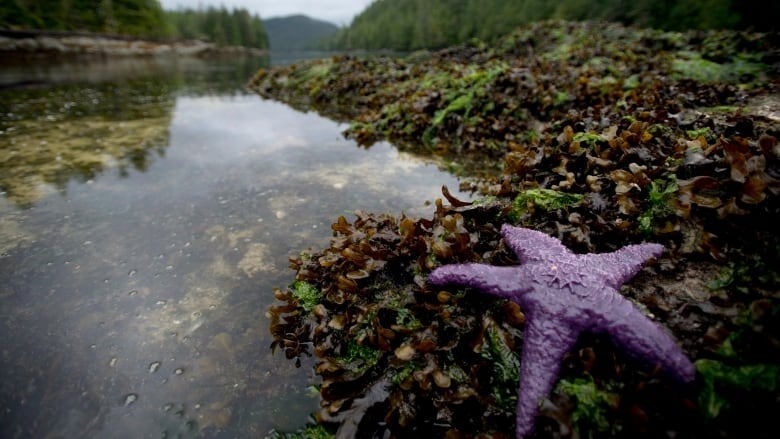Canada is taking an important step forward in environmental protection with the introduction of a new legislative initiative aimed at protecting nature. The passage of the Environmental Responsibility Bill marks a significant breakthrough in government policy, marking the country as one of the first in the world to make such a large-scale commitment. This initiative is designed not only to strengthen measures to conserve biodiversity and protect ecosystems, but also to establish a clear framework for monitoring and achieving conservation goals, making it a key element in the fight against global environmental challenges.
Canada takes global leadership in conservation: Guilbeault unveils 2030 strategy
Environment Minister Stephen Guilbeault said he believes Canada has a chance to take a leadership position on the world stage if Parliament approves new legislation that aims to encourage biodiversity conservation.
"We're only the second country in the world to pass [the Environmental Responsibility Bill], following Chile's lead," Guilbeault told CBC News. “The fact that we are the second in the world to take this step no doubt underscores our leadership in this area.”
On Thursday, Guilbeault introduced Bill C-73 along with Canada's new 2030 Nature Strategy. This bill is a logical follow-up to Canada's Net Zero Emissions Accountability Act, passed in 2021. Both documents were launched against the backdrop of the global fight against climate change and the biodiversity crisis. A recent report on the state of wildlife in Canada found that one in five species in the country is at risk of extinction.

The report warns that more than 2,000 species of wildlife in Canada are at risk of extinction. The strategy emphasizes that responsibility for conservation extends beyond national borders, as damage to Canada's ecosystems has a global impact. With 20% of the world's freshwater, 25% of the world's wetlands and nearly 25% of its boreal forests, Canada plays a key role in the world's ecological balance. In addition, the country has the world's longest coastline and one of the largest marine areas on the planet.
The bill requires the Minister of Environment to develop and submit to Parliament a national biodiversity plan, report on progress made in implementing the plan, and form an advisory committee. The new plan and a review of its implementation are expected to be presented in 2030.
- The role of Indigenous communities in achieving Canada's environmental goals: how their approaches help conserve land and water resources
- Ecological restoration: WWF study reveals key areas for nature restoration in Canada
- Provincial and territorial collaboration with Ottawa: joint efforts to protect wildlife to 2030
The new strategy, set out in the latest legislation, will be an update of the 2030 plan that was unveiled by the government on Thursday. The current strategy has 23 goals aimed at restoring ecosystems and conserving and protecting 30% of Canada's territories and marine waters.
Canada's Environmental Strategy: New Goals and Challenges to Protect Lands and Seas
Canada has secured or protected nearly 14 percent of its territory, amounting to 1,368,065 square kilometers - larger than Peru, according to a strategy document presented Thursday. The document also indicates that Canada protects or protects almost 15% of its marine waters, amounting to 842,828 square kilometers, almost equivalent to the area of Pakistan.
“Despite the progress made, Canada needs to more than double the area of protected areas in its remaining six years,” the strategy notes. Following the publication of the strategy and legislation, environmental organization Nature Canada demanded changes and increased financial investment.

Julia LaForge, Nature Canada's director of conservation policy initiatives and campaigns, expressed concern that Guilbeault's bill does not enshrine Canada's goals in legislation. She also noted that many planned measures in the strategy remain without adequate funding. “Without guaranteed funding, there is no certainty that these initiatives will be implemented,” LaForge emphasized.
In response to criticism, Guilbeault noted that his government had allocated $600 million in the April budget to create new nature reserves and protect nature. This is in addition to the $1.5 billion announced at the recent UN COP15 biodiversity summit in Montreal.
"As environment minister, it's really difficult for me to ask the finance minister for additional funding for conservation when I haven't even fully absorbed the funds that have already been allocated," Guilbeault explained in an interview with CBC. “We are focused on spending current money as quickly as possible, signing agreements with indigenous peoples and environmental organizations.”

